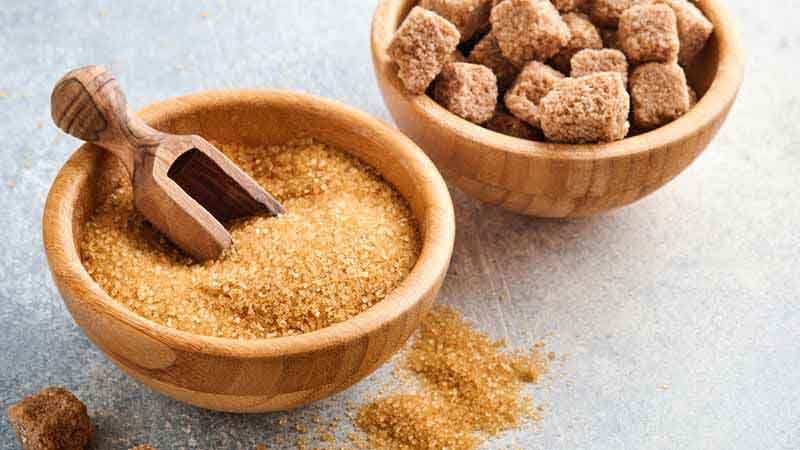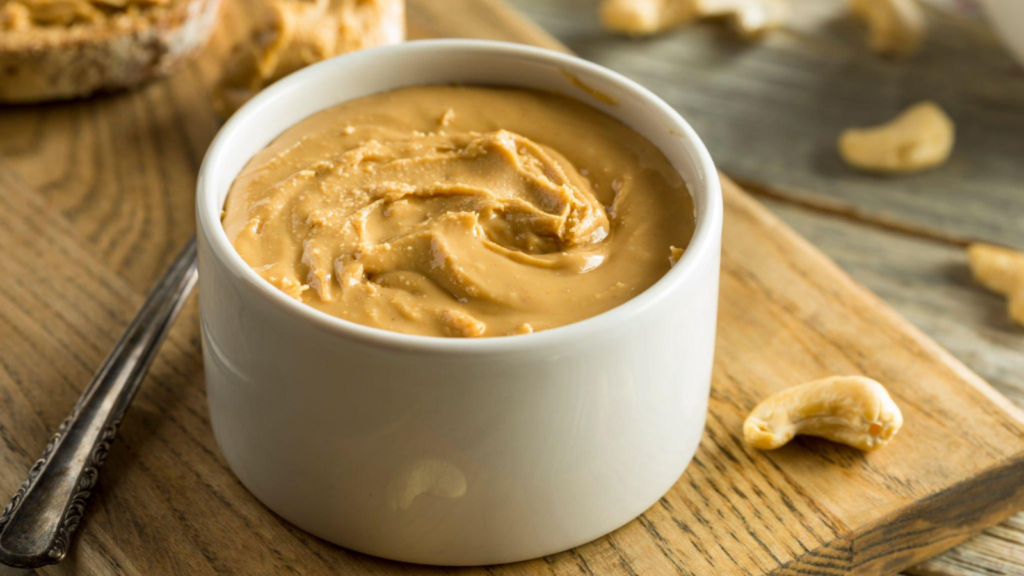is brown sugar healthyWhen it comes to sweeteners, brown sugar often gets a reputation as a healthier alternative to white sugar. But is brown sugar healthy? This article dives into the details, presenting both sides of the argument. Let’s explore the nutritional aspects, health benefits, and potential downsides of brown sugar.
What is Brown Sugar?
Brown sugar is simply sugar that retains some of the natural molasses found in sugarcane or sugar beets. This gives it a distinct flavor and a darker color compared to white sugar. It comes in two main varieties:
- Light brown sugar: Contains about 3.5% molasses.
- Dark brown sugar: Contains about 6.5% molasses.
Nutritional Profile
Here’s a quick comparison of brown sugar vs. white sugar:
| Nutrient | Brown Sugar (1 tbsp) | White Sugar (1 tbsp) |
|---|---|---|
| Calories | 52 | 49 |
| Carbohydrates | 13.5 g | 12.6 g |
| Fiber | 0 g | 0 g |
| Calcium | 3 mg | 0 mg |
| Iron | 0.1 mg | 0 mg |
As seen in the table, brown sugar contains slightly more minerals, but the difference is minimal.
Is Brown Sugar Healthy Than White Sugar
When comparing brown sugar to white sugar, many wonder, “Is brown sugar healthier?” While brown sugar contains trace minerals due to its molasses content, the nutritional differences are minimal. Both sugars are high in calories and can contribute to health issues when consumed in excess. Brown sugar may have a slightly lower glycemic index, leading to a slower rise in blood sugar levels, but this difference is not significant enough to make it a healthier choice. Ultimately, moderation is key, and both types should be consumed sparingly as part of a balanced diet.
Health Benefits of Brown Sugar
- Contains Trace Minerals: Brown sugar does contain small amounts of minerals like calcium, potassium, and iron due to the presence of molasses. While these amounts are not significant, they may contribute to a more nutrient-dense profile compared to white sugar.
- Lower Glycemic Index: Some studies suggest that brown sugar may have a slightly lower glycemic index (GI) than white sugar. This means it could cause a slower increase in blood sugar levels. However, the difference is minimal and should not be the sole reason for choosing brown sugar over white.
- Antioxidant Properties: The molasses in brown sugar contains antioxidants, which help combat oxidative stress in the body. Antioxidants are known for their role in protecting against chronic diseases.
The Drawbacks of Brown Sugar
- High in Calories: Despite its slight advantages, brown sugar is still a form of sugar. It is high in calories and can contribute to weight gain and other health issues when consumed in excess.
- Potential for Overconsumption: Many people mistakenly believe that brown sugar is a health food. This misconception can lead to overconsumption. Moderation is key, regardless of the type of sugar.
- Not a Nutritional Substitute: While brown sugar has some minerals, it cannot replace a balanced diet. Relying on it for nutritional benefits is misleading. Whole foods like fruits, vegetables, and whole grains should be prioritized for nutrition.
Real-Life Examples
Baking with Brown Sugar
When baking cookies, many recipes call for brown sugar for its moisture content and flavor. In a chocolate chip cookie recipe, substituting white sugar with brown sugar can yield a chewier texture. However, keep in mind that the calorie count remains high.
Coffee Sweetener
Some people prefer adding brown sugar to their coffee for a more robust flavor. While it adds a unique taste, it’s still important to limit overall sugar intake for health reasons.
How to Use Brown Sugar Wisely
Here are some tips for incorporating brown sugar into a balanced diet:
- Moderation: Use it sparingly. A little can go a long way in enhancing flavors.
- Pair with Nutrient-Dense Foods: Combine brown sugar with healthy ingredients like oatmeal or yogurt.
- Stay Informed: Read labels. Some products labeled as “brown sugar” might contain additives.
Conclusion: Is Brown Sugar Healthy?
So, is brown sugar healthy? The answer is nuanced. While it offers minor benefits over white sugar, it is still sugar. Excessive consumption can lead to health issues, including obesity and diabetes.
For those looking to cut down on sugar intake, consider alternatives like honey, maple syrup, or stevia. However, if you enjoy brown sugar, use it in moderation and as part of a balanced diet.
Final Thoughts
In conclusion, brown sugar can be a flavorful addition to your diet, but it should not be viewed as a health food. Always prioritize whole, nutrient-rich foods and practice moderation when consuming any type of sugar.
By understanding the facts and making informed choices, you can enjoy your sweet treats without compromising your health.



